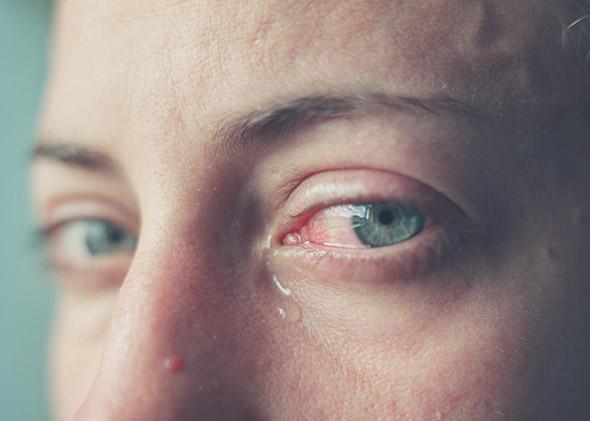The 2014 New York City domestic violence homicide report reveals that fewer than a third of the people killed by their partners had ever called the police. This sort of statistic is pretty common across similar types of studies and builds on research that suggests that fewer than half of all domestic violence victims ever call the police. One reasonable reaction to this data is to encourage more victims to call the police for help. And we do. But that’s not the only or best solution for everyone. We should also educate the public that there is an entirely different system that can provide safety, protect children, and offer solutions not found in criminal courts.
Listening to domestic violence victims for more than a dozen years as a family court lawyer, director of domestic violence programs, head of the New York State Office for the Prevention of Domestic Violence, and now executive director of a nonprofit that represents victims of partner violence, I have heard again and again that many of the victims need a lawyer. Not for criminal court, but for civil court.
Even though many or most victims do not call the police, domestic violence, more accurately called intimate partner violence, is so widespread that it is still the most common kind of assault call that police receive. In New York City, an average of 29 domestic violence calls come in every hour. If an arrest is made, criminal charges are filed. That’s what people usually think about when they think about intimate partner violence.
But more than half of all victims do not call the police, in some cases because they do not want what the criminal court has to offer. They may not want the parent of their children jailed, for fear of retaliation or because they want safety but not retribution. Or they may want incarceration, but not deportation, which can be the result if the violent person is foreign-born. Prosecutors and courts are only part of the answer.
Victims of partner violence almost always need things that the criminal court can’t provide. Safety is of course paramount but so is having enough money for food and housing, not getting separated from their children, and living a secure life on their own. Criminal court is not designed to address those needs.
Family court is. In New York state, family court can issue orders of protection with the same force and effect as criminal orders. People can go into court without a police report and ask for help. They can also file for child support, custody, or visitation in family court, and the judge is required to consider evidence of domestic violence when making an award. Every state has a civil court system like New York’s.
In short, our civil courts offer resources to victims of domestic violence as vital as food and housing. But 80 percent of people in our civil courts do not have a lawyer, and they have to navigate the complicated court system alone. Criminal defendants have a right to a lawyer because they face the loss of their liberty. Victims of domestic violence often face the loss of their children or other hardships, but they may be on their own. Our civil courts are designed to enable people to ask for help without lawyers—they were intended to be the poor person’s court, after all—but often they are unable to help without a professional intermediary.
Even in states that grant the right to a lawyer in a custody case, there are not enough lawyers to meet the need. There is no right to a lawyer in child support matters, even though receiving an appropriate award can literally mean the difference between having food and shelter or not—child support awards represent 40 percent of many poor women’s income. Reports that have studied the lack of “access to justice” in New York and elsewhere find that domestic violence victims in our family courts are among the worst off.
To truly help victims of intimate partner violence, we need more legal aid and volunteer lawyers to take their cases. When child support is awarded, dangerous relationships can be ended. Victims who get orders of protection in civil court are more likely to take other safety seeking measures and express more satisfaction with the system than those in criminal court. Abusive partners are often abusive litigants, dragging court cases on for months or years. Lawyers can shift the power to their clients.
We need practical solutions for victims of domestic violence and sexual assault. There are more than 13 times as many private attorneys for those who can pay as there are free attorneys for those who cannot. We need more funding for civil legal services and more support for private attorneys who volunteer their time. For many victims of intimate partner violence, lawyers can be a lifesaver.
